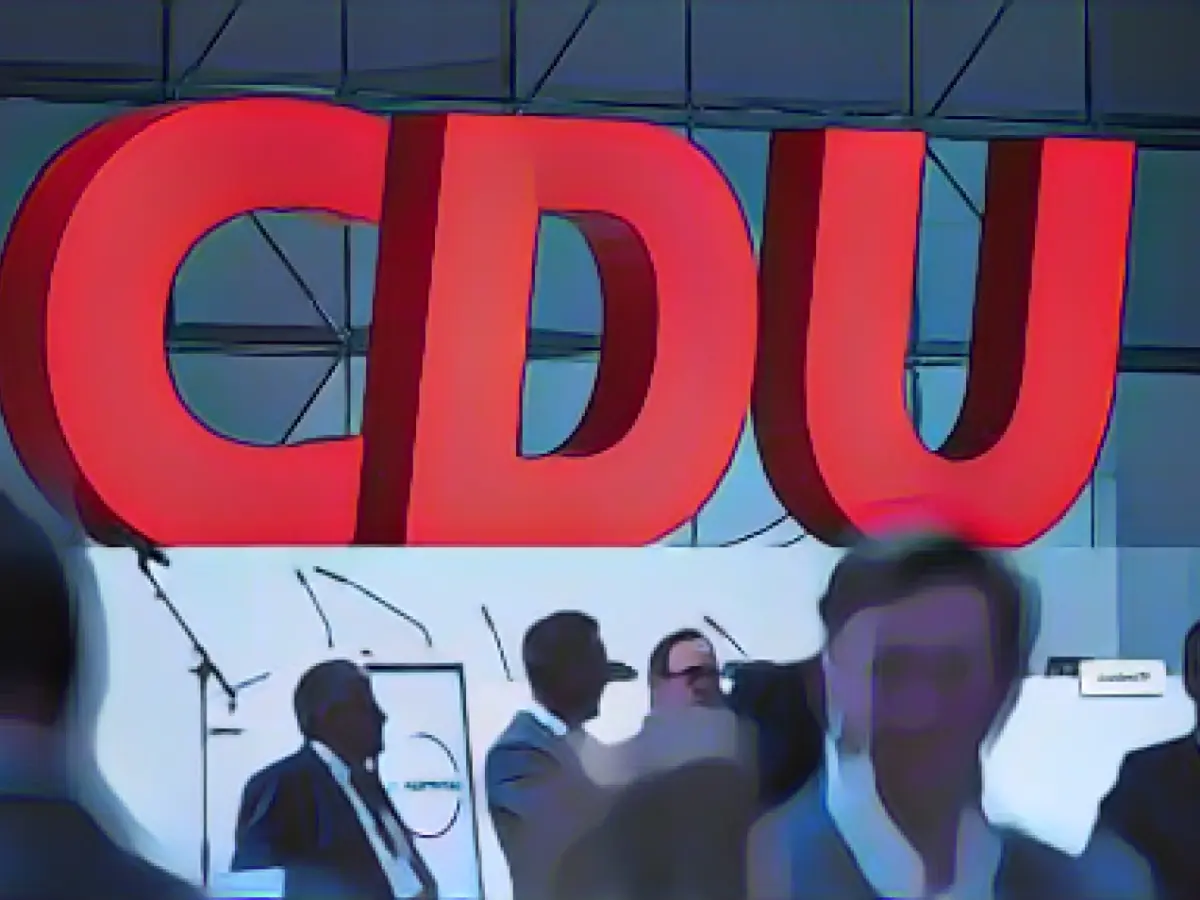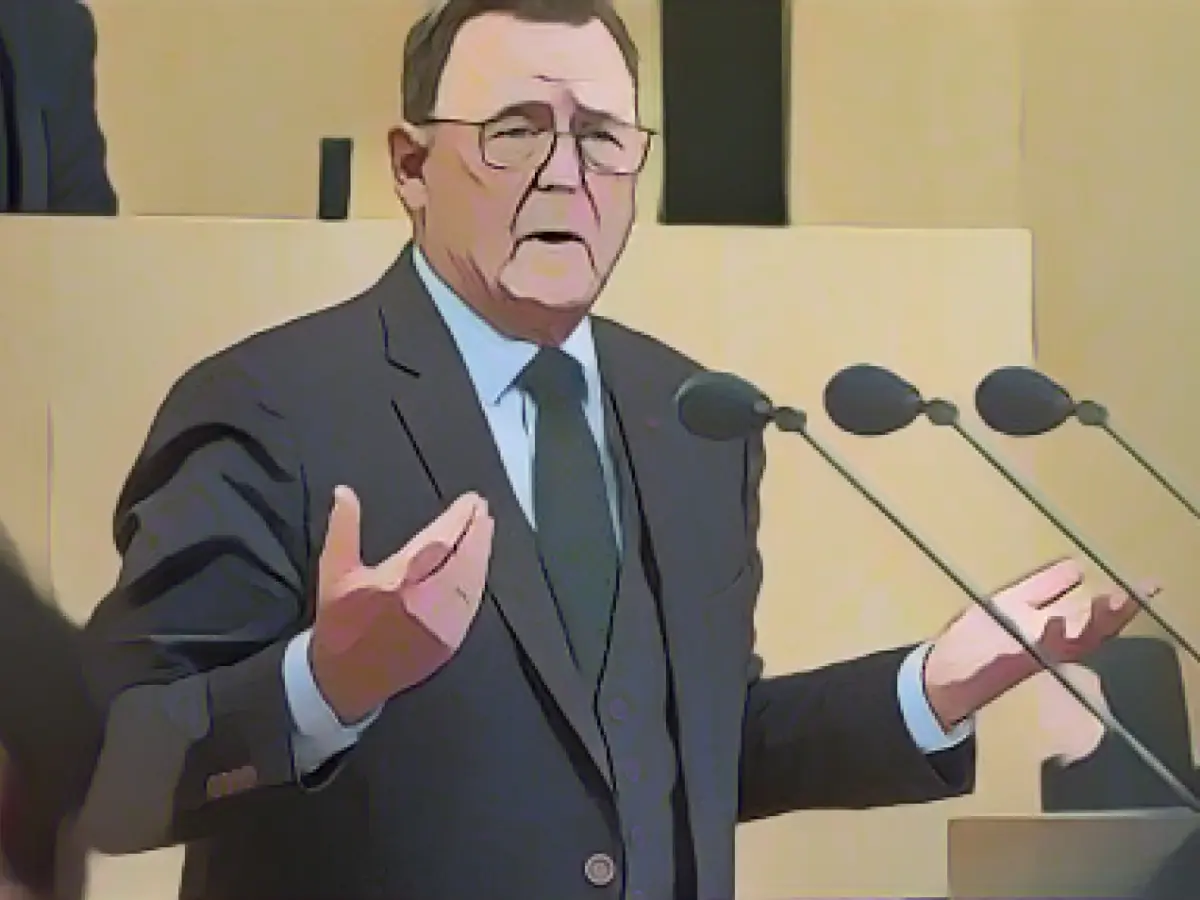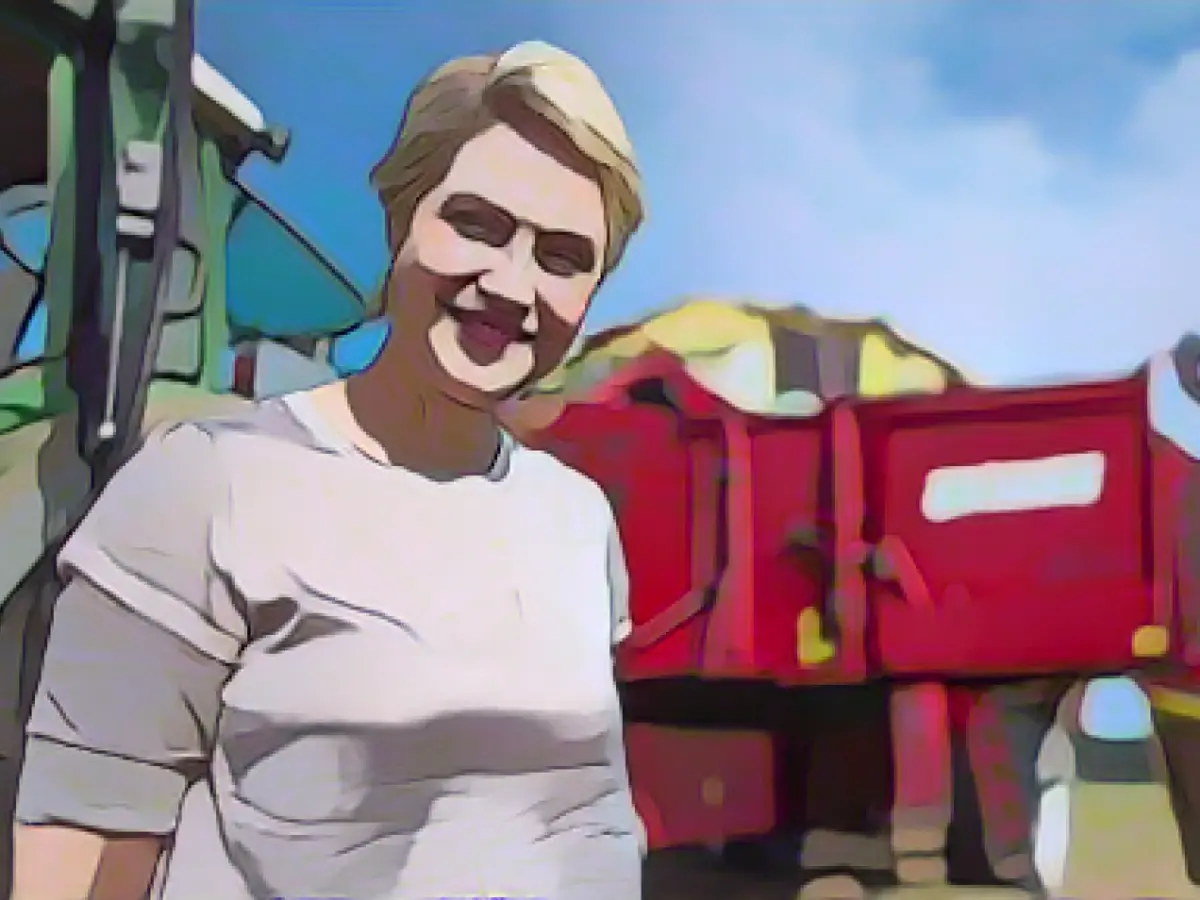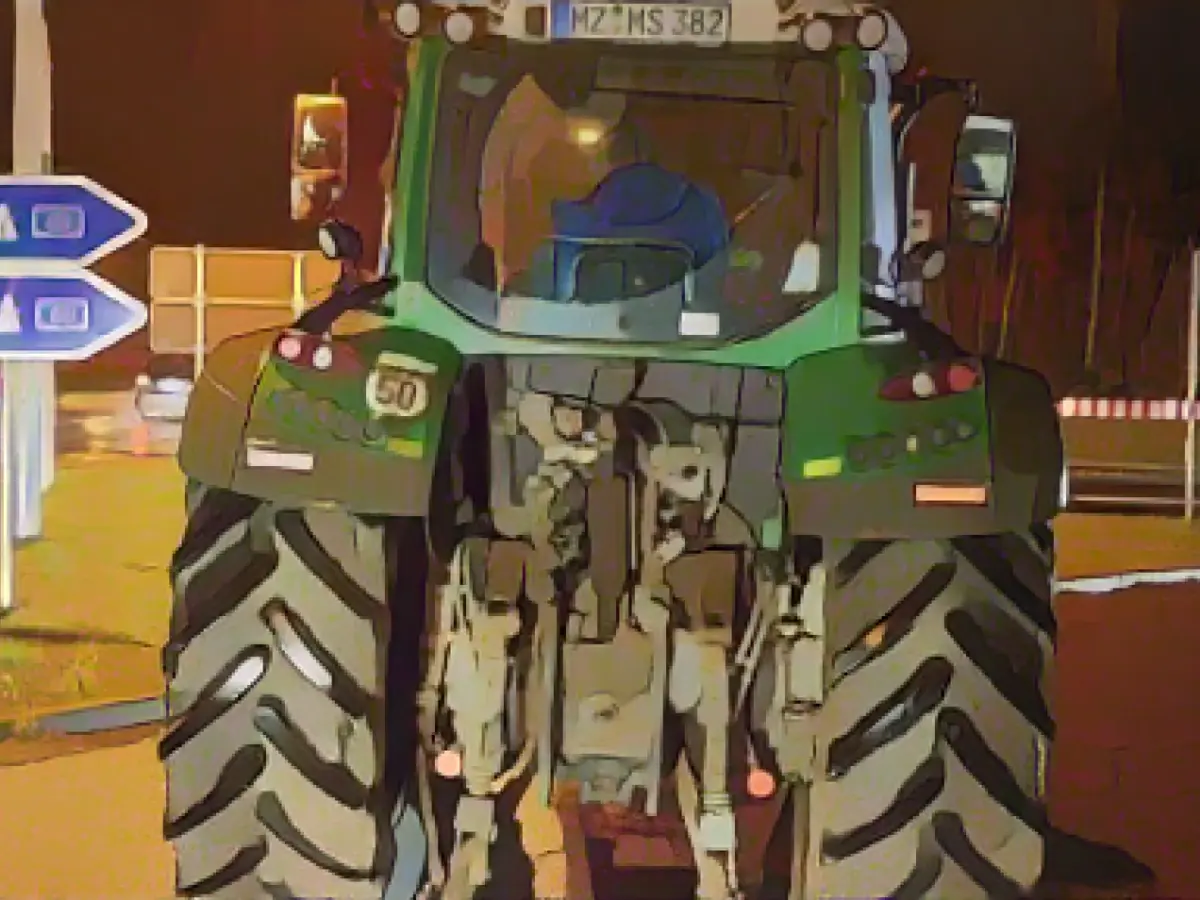Opposition Rises Against Traffic Light Government's Farm Subsidy Cuts
Mario Voigt, the leader of Thuringia's CDU, has strongly criticized the traffic light government's plans to eliminate farming subsidies. Voigt views the cuts as a "low blow" against rural areas and farmers, claiming that it forms part of an anti-rural policy.
Protest in Berlin
The German Farmers' Association has called for a massive rally in Berlin on Monday, with the slogan "Too much is too much." The purpose of the demonstration is to protest the government's decision to terminate agricultural diesel subsidies and vehicle tax exemptions for agriculture and forestry.
Voigt's Rivals Speak Up
Voigt deems the traffic light plans as "irresponsible," supporting the dissatisfaction among farmers. He accused the federal government of prioritizing revenue generation over farmer assistance. Voigt asserted that no farmer could abruptly abandon diesel vehicles and switch to electric ones. He fears that the cuts could lead to Germany's farming competitiveness decline and higher supermarket food prices.
Thuringia's AfD MP Weighs In
Nadine Hoffmann, an AfD MP in Thuringia, denounced the cuts as a serious mistake. She accused the traffic light administration of threatening German food security and primarily affecting small and medium-sized farms. Hoffmann warned that the ongoing and announced farmer protests were merited.
Government Upholds Plans but Reconsiders
Following days of negotiations, Chancellor Olaf Scholz, Economics Minister Robert Habeck, and Finance Minister Christian Lindner agreed on Wednesday to save billions in the federal budget. This decision could potentially include agricultural sector cuts. Lindner, however, hinted at an openness to alternative solutions. He acknowledged that he is not a proponent of burdening agricultural businesses.
Further Insights:
- The proposed cuts may stem from fiscal austerity measures and a desire to reduce public spending.
- Potential impacts of the cuts include increased operational costs, reduced investment incentives, and higher food prices.
- Farmers' unions, environmental organizations, and political parties may voice opposition to the cuts due to their potential economic, social, and environmental implications.
- In the European context, there are debates surrounding the Common Agricultural Policy's (CAP) impact on farmers, with critics questioning its environmental friendliness.
- German political parties like the Greens could oppose these cuts due to their commitment to environmental protection and sustainable agriculture practices.








